The Author in pictures and text.
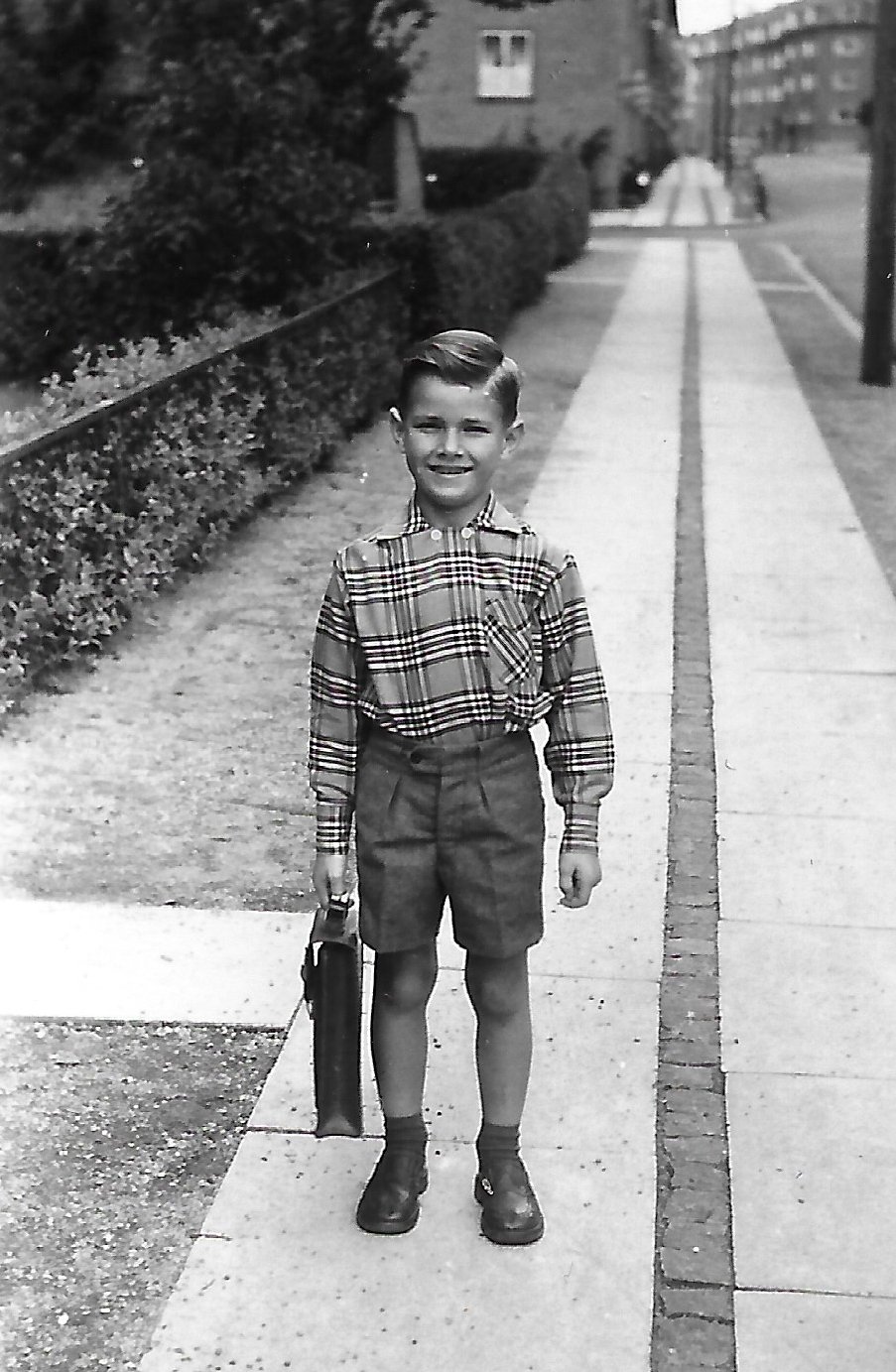
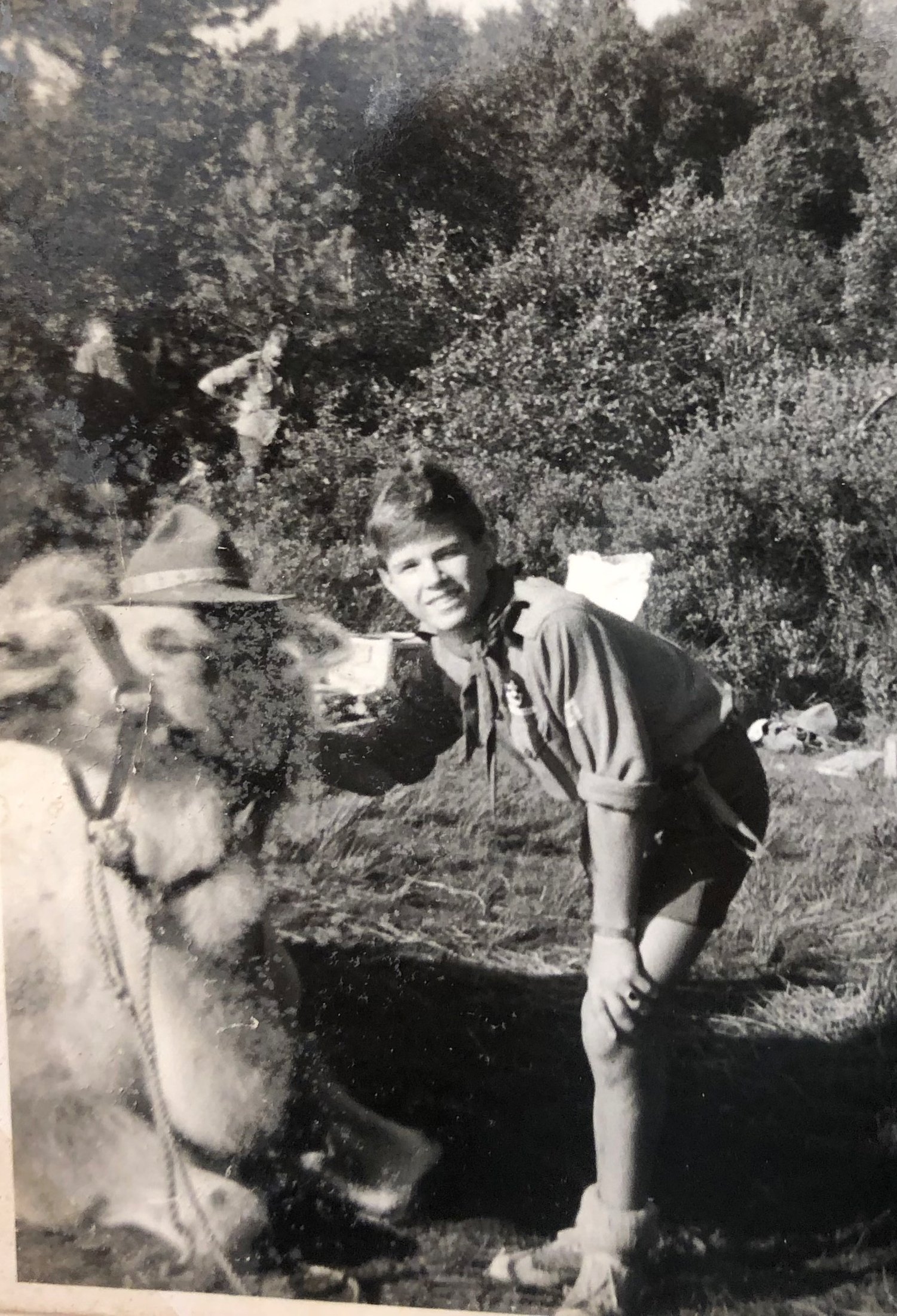
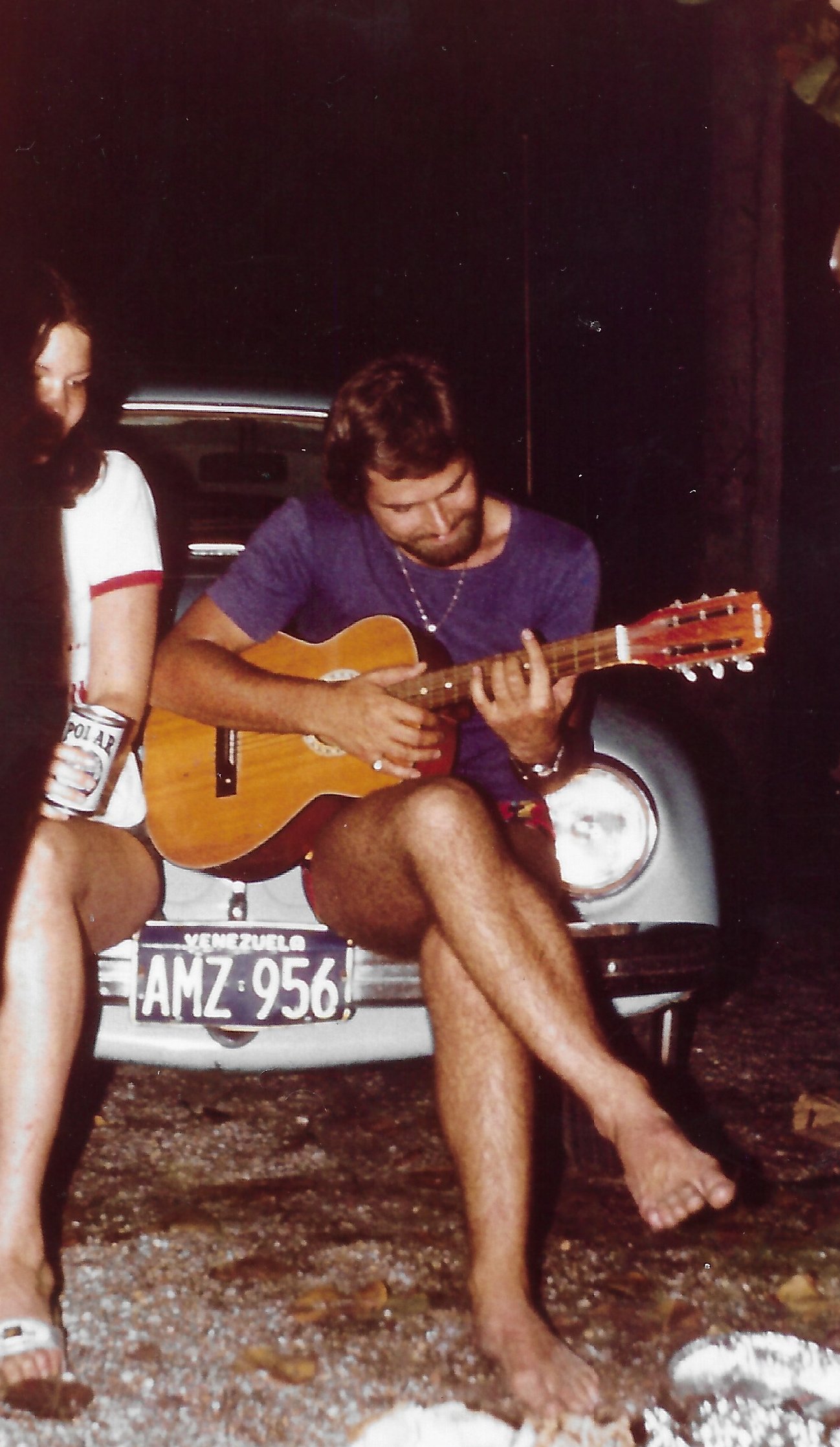
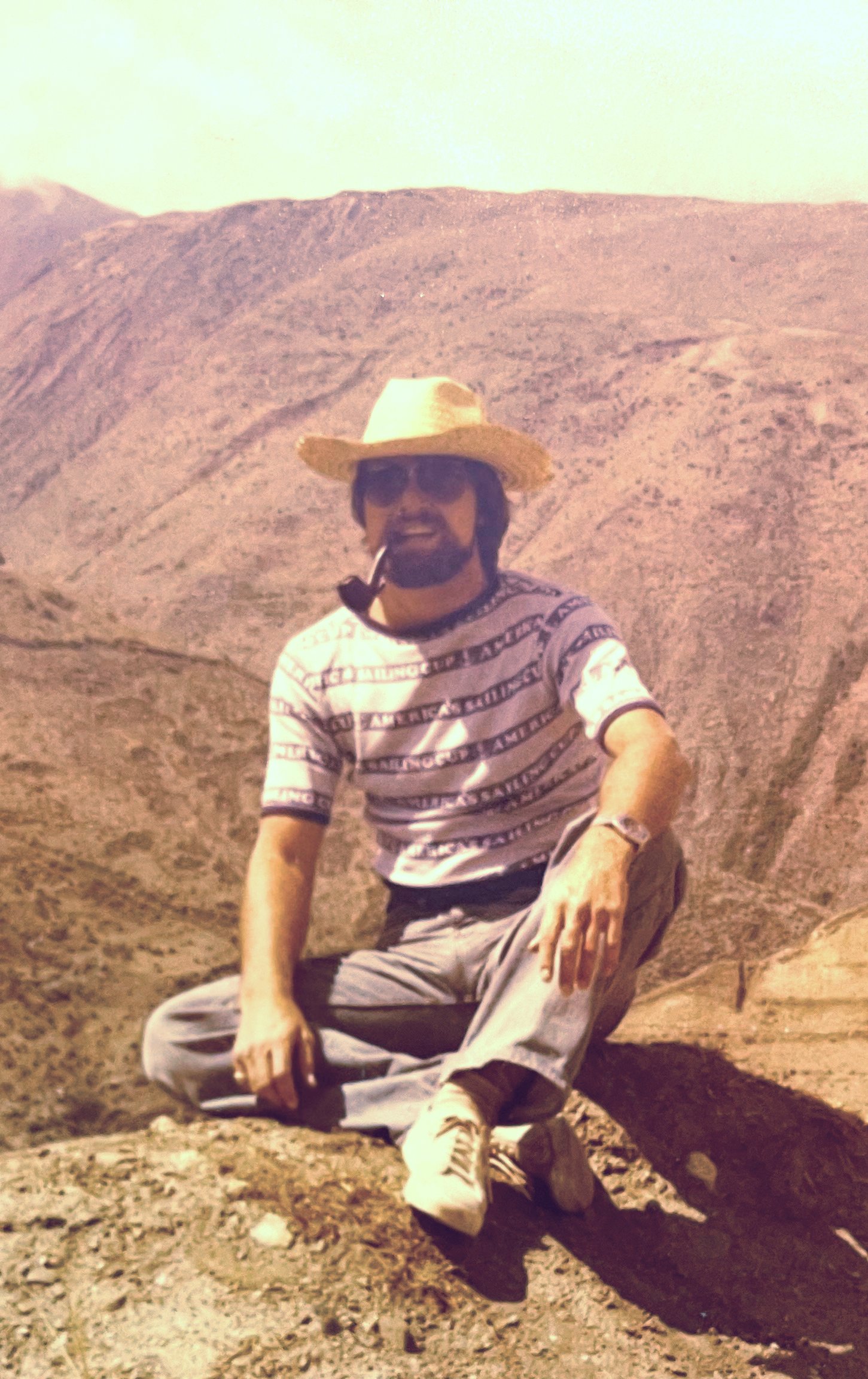



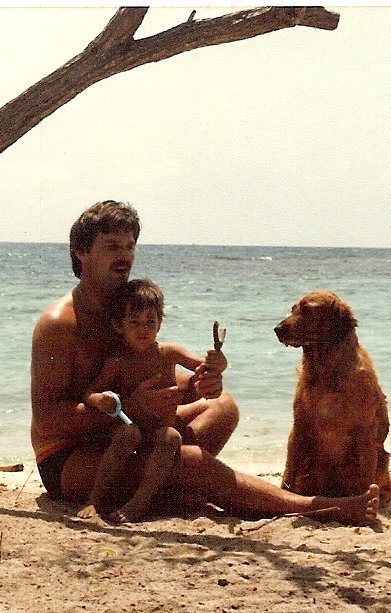
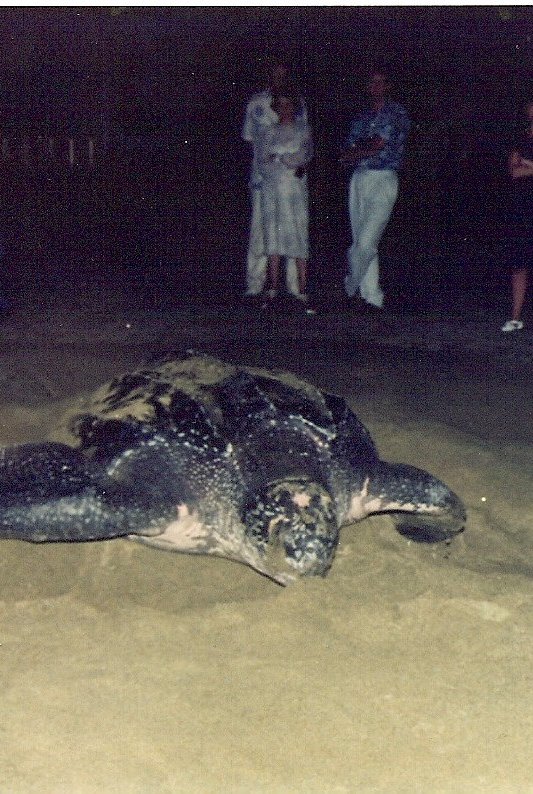

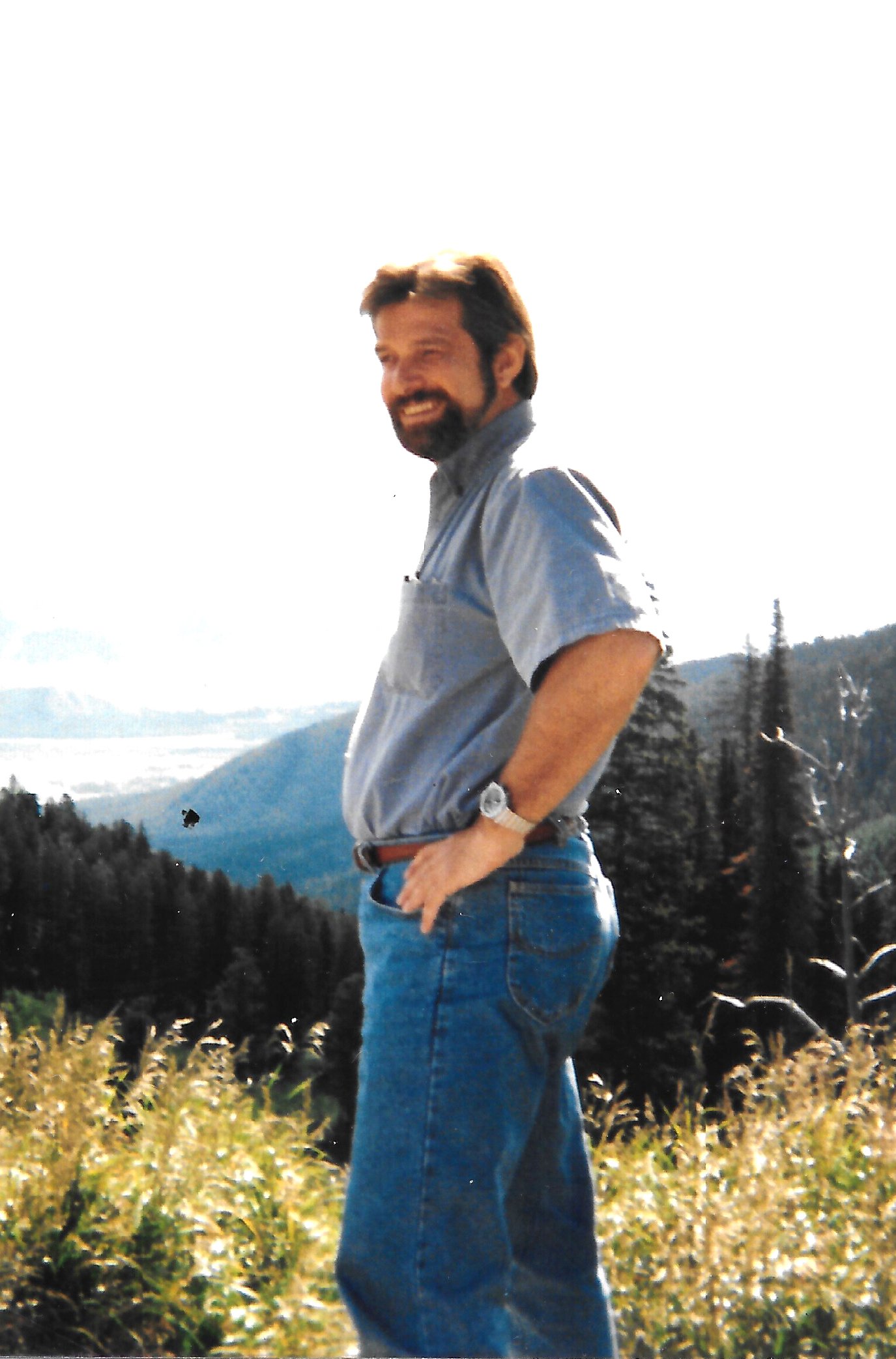
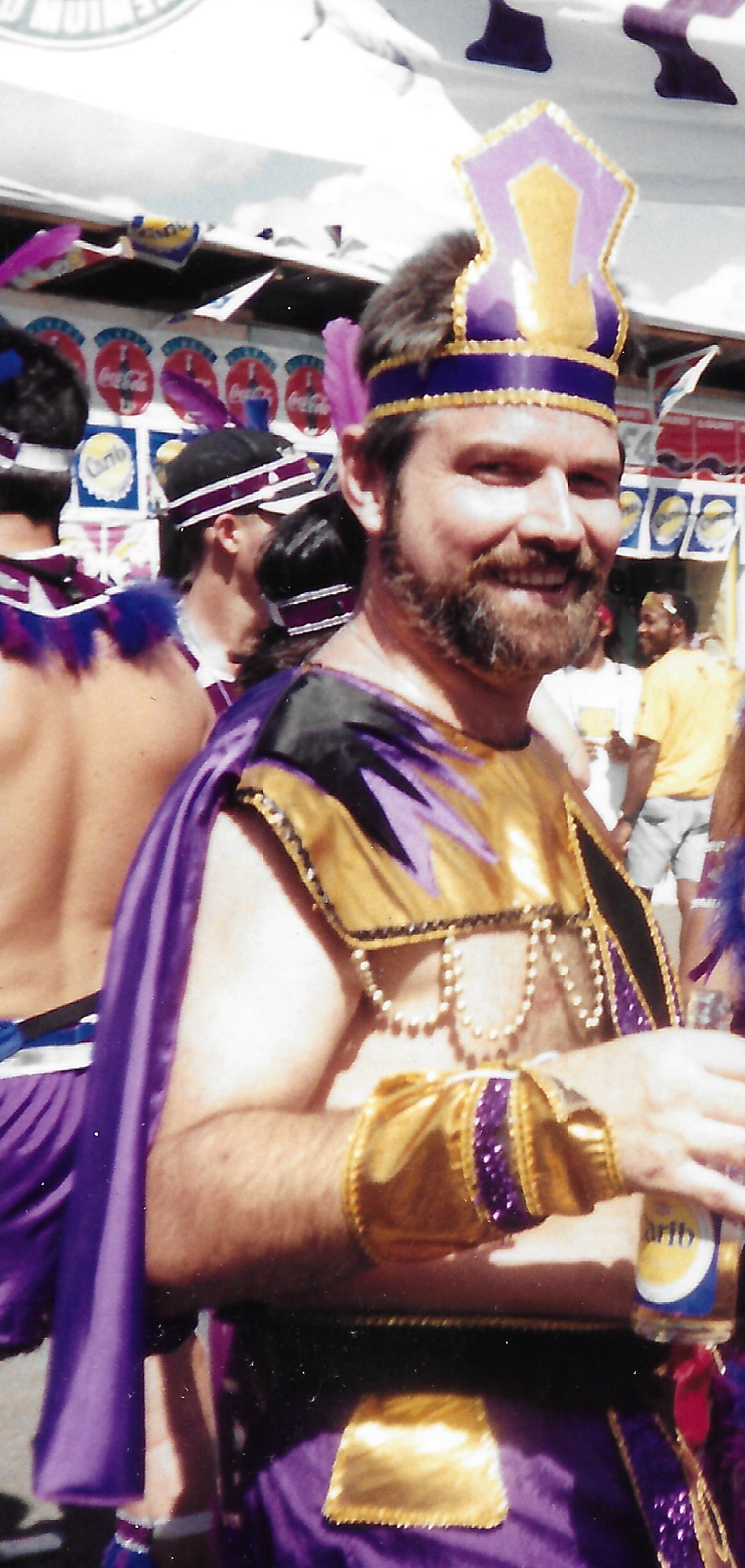
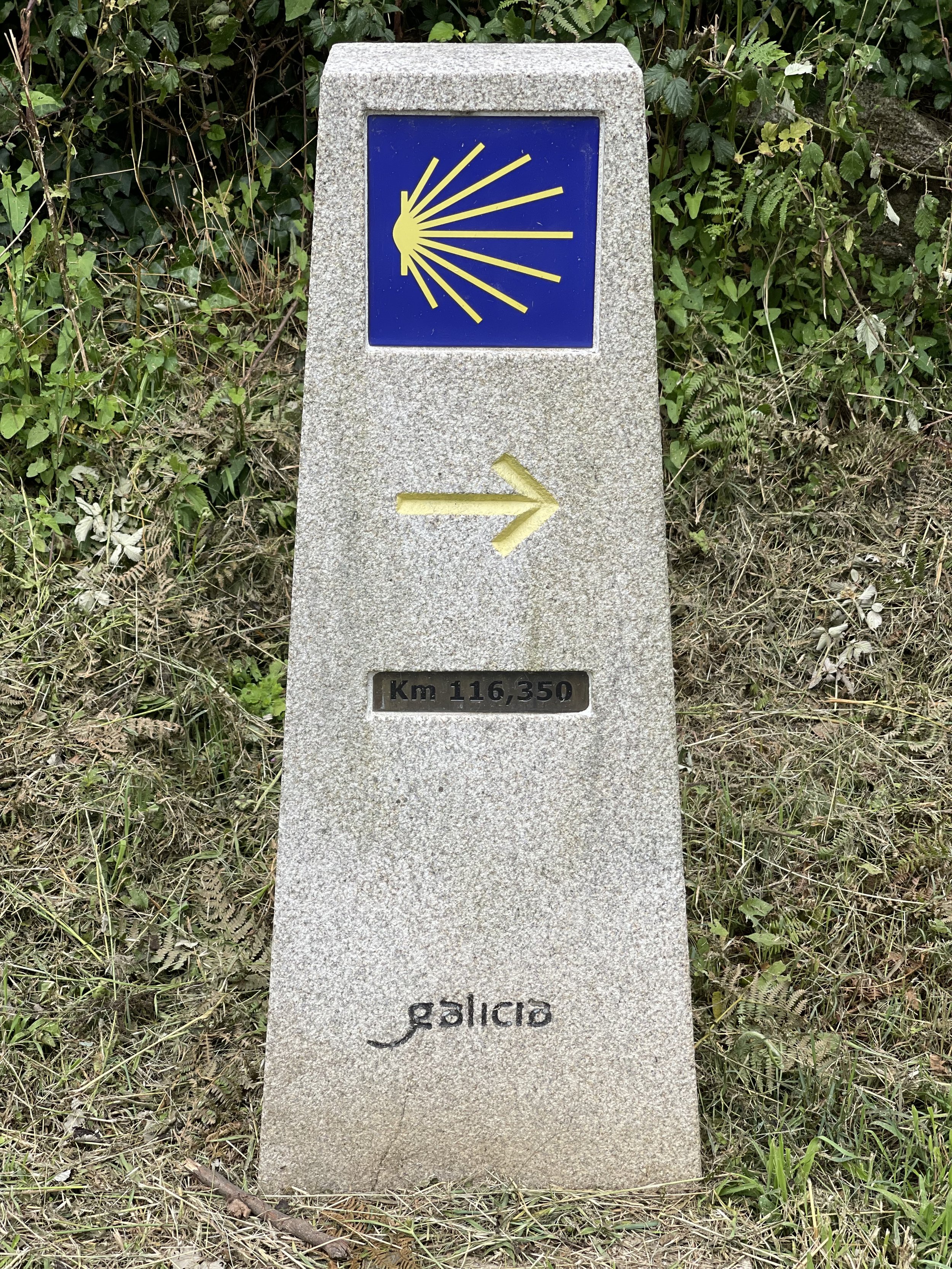
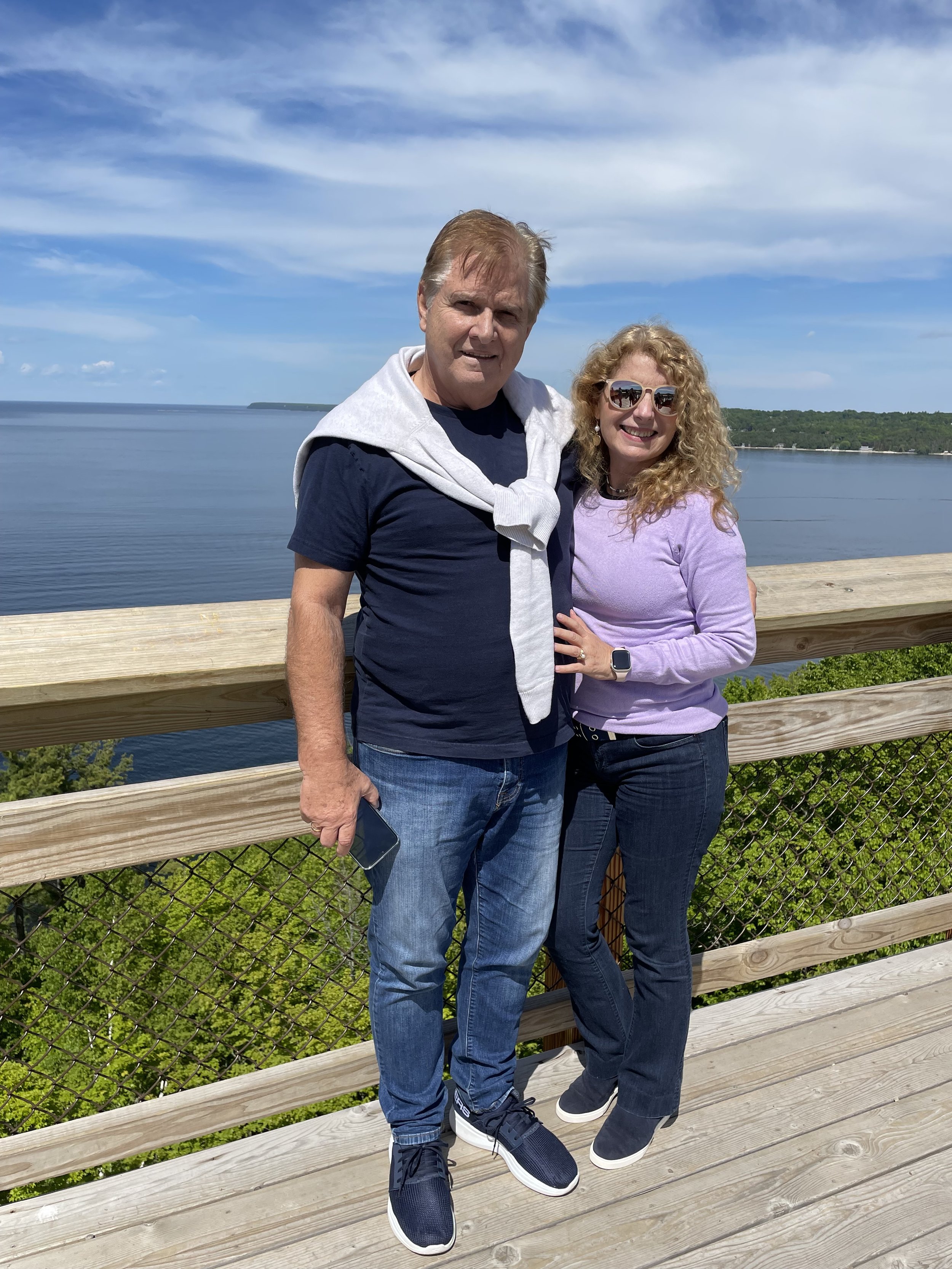

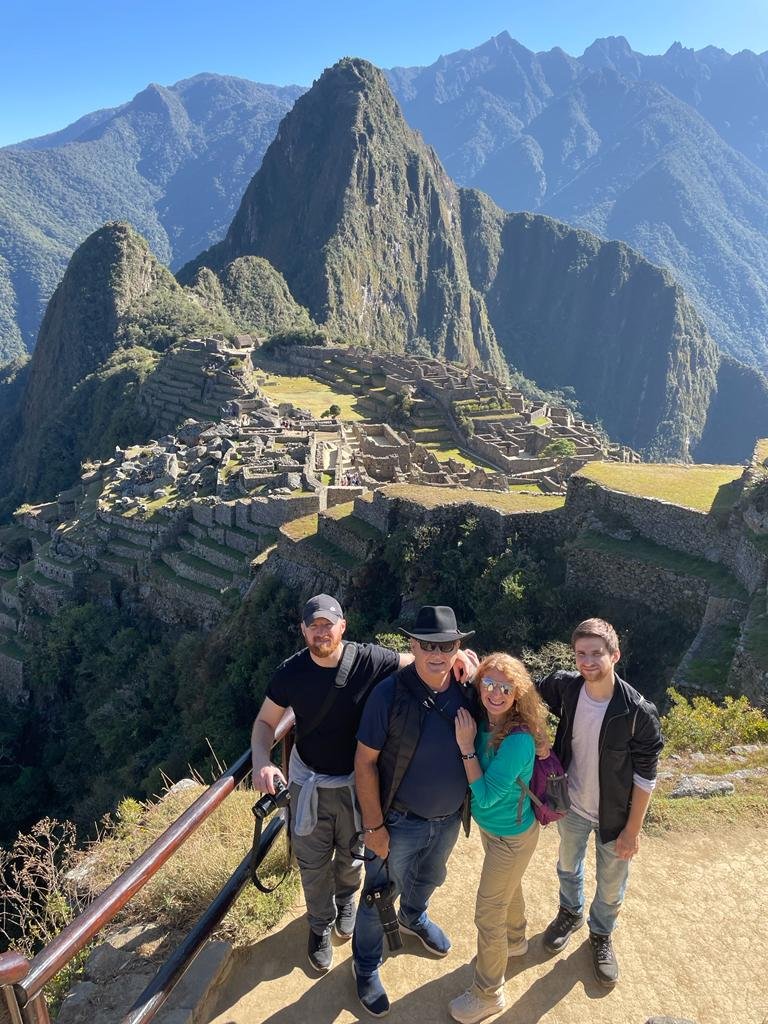

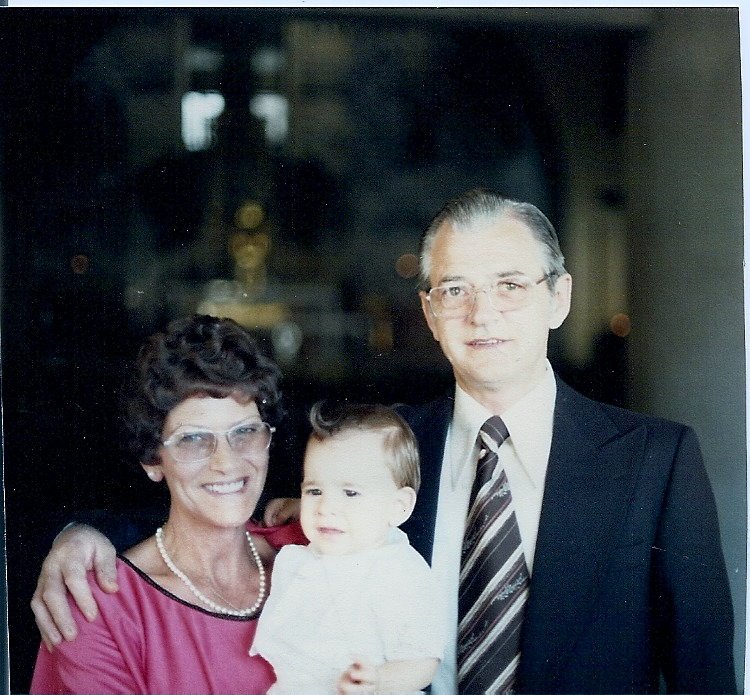

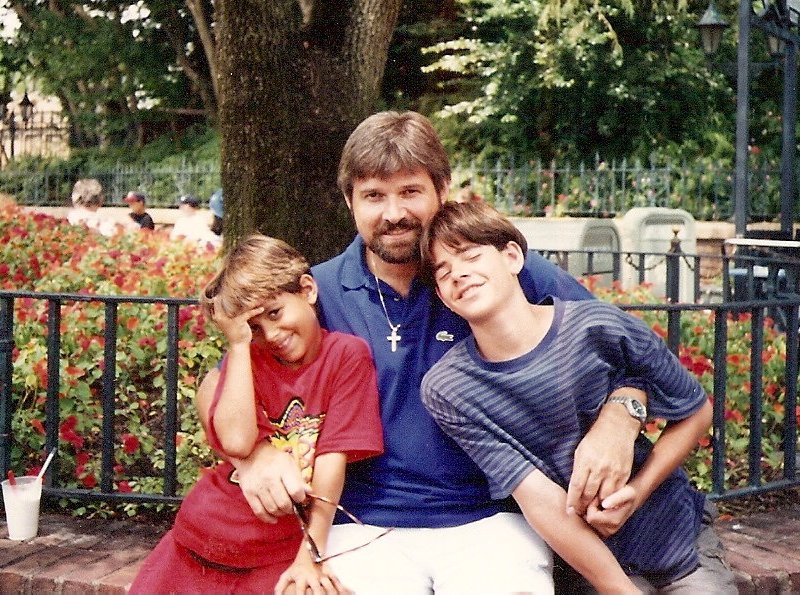


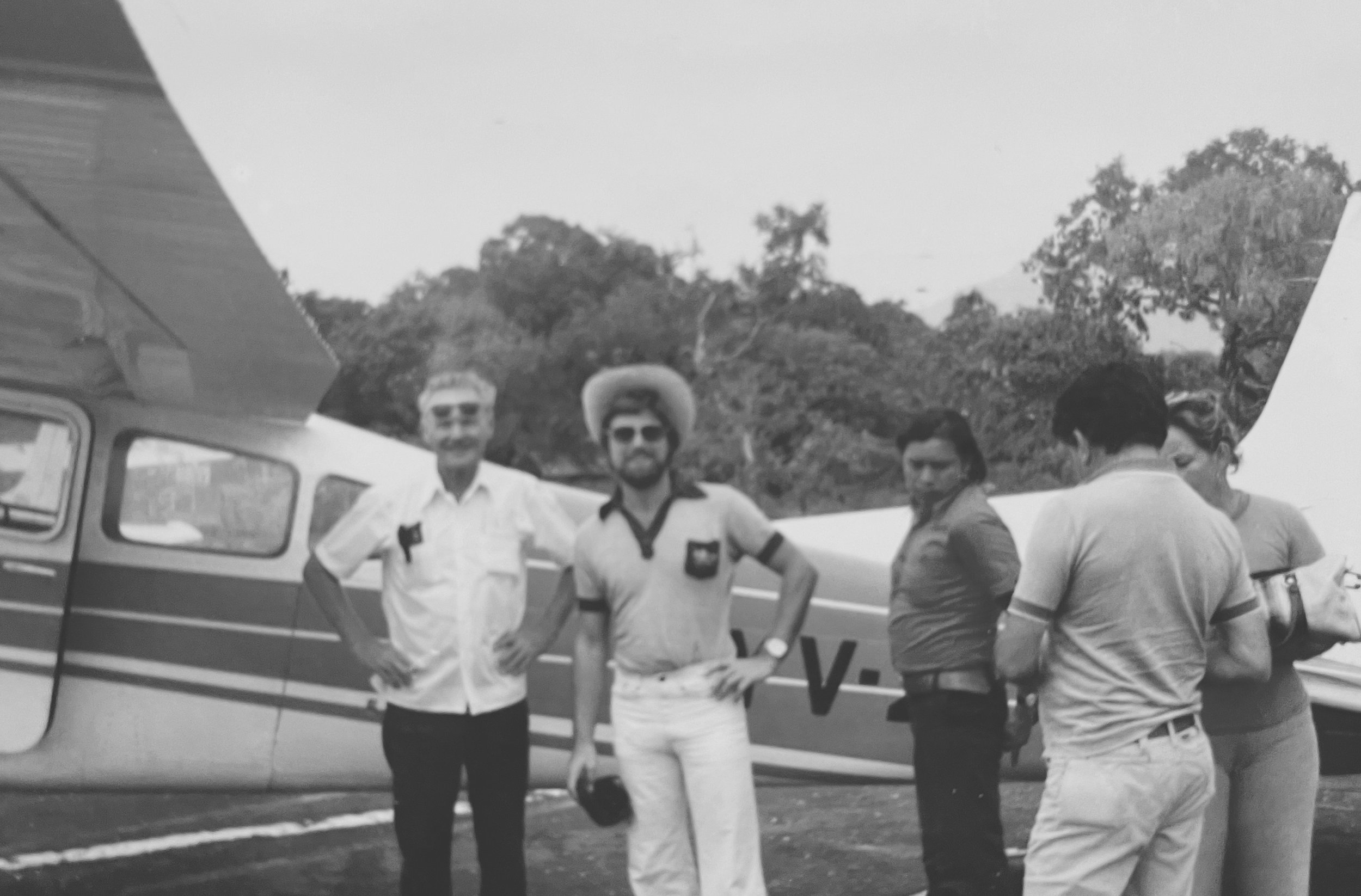
A product of hands-off parenting.
A person's formative years set the stage for an entire life, and Jon Erii was fortunate to be born to wonderful, loving parents in the 1950s - 60s Denmark, a post-war era full of hope and optimism.
To call his upbringing hands-off parenting may seem peculiar to some and unfair to Jon's parents, who gave him a perfect childhood. They provided the family framework at home with love, safety, trust, and being present when needed. Still, Jon was free to explore and exploit his innate curiosity, facilitated by the times, a very safe country, and noncontrolling parents.
Jon's father worked as the technical engineering manager at a large dairy plant while his mother watched over him and his younger siblings. Jon grew up in a large family, with all his grandparents still alive until he turned twenty-three. Even his great-grandmother, who lived in the United States for years, lived to Jon was ten. He had great Uncles and Aunts who had attended school in the United States, and the family had many American traditions.
During Jon’s childhood, his maternal grandparents owned a farm Jon visited during vacations and holidays. The farm was Jon's Neverland, and his grandfather was his best friend. Jon explored the fields and the gardens with every imaginable vegetable, fruit, berry, and nut, not to mention the stables with animals, the pigs and piglets, the cows, cats and dogs, and the horses used for plowing and pulling other mechanical farm equipment.
His paternal grandparents managed a small-town community & sports center where local events happened. Be it outdoor sports events, soccer, handball, tennis matches, or indoor festivities, like weddings and confirmations. In 1941, the community center, where his grandparents also lived, was taken over by the occupying Nazi forces, who evicted the family until after the war. It featured a large gym that doubled as a theater, ballroom, and concert hall. His grandparents spoiled him - and during events, he sometimes overindulged until he got sick. He would play in the soccer fields or inside the gym, using apparatuses or going behind the curtains on the stage to investigate the theater equipment.
Today, we talk much about parenting and end up micromanaging our children from birth to college. Many children stare at a screen instead of being outside doing something. Jon always says, "If you live in your head, you are dead." He strongly believes in childhood as the foundation for a good and productive life, learning from each other, being part of something, social interaction, and the freedom to develop a healthy curiosity.
At birth, his parents lived in a modest four-story apartment building with a plant nursery bordering the backyard. It was the only apartment building on the street; the other properties were traditional Danish family homes. The city's largest park was at the end of the street, and up towards a major road, there was a meatpacking plant, where he watched the Bloodhounds behind the gates after hours.
He joined the other kids in the backyard at around three to four. They ventured into the nursery, picking and eating whatever fruit, berry, or vegetable was at hand. They explored the park with its paths, bridges, and ponds. In the winter, they would play on the ice and watch the ducks and swans in the openings. An accident with potentially dire consequences occurred when he was four and a half years old. Jon fell into the water and under the ice. Luckily, somebody pulled him out, but he still remembers the cold walk home, drenched.
He got a bicycle for his birthday at five, and getting around got easier. His parents provided the rules, but he could explore the immediate neighborhoods. There was no television then, and the children had to invent their fun. Just before turning seven, he moved to another part of town, where he had to make new friends. After that summer, he started first grade. His parents brought him to school on the first day, but after that, he, like every other kid, went to school on his bike every day, coming rain or snow.
A little unruly, his father enrolled him as a cub scout, which he enjoyed tremendously - it taught him awareness and respect for the environment. He and his friends often biked ten miles or more to one of the many forested areas outside town to explore the fauna. The only rule at home was to be back for dinner at five-thirty. Jon, with other enthusiastic boy scouts, were always underway on weekends during the spring and summer but sometimes in the winter too, camping in the forests - sleeping in bivouacs or tents. They had to earn their parent's trust and, in return, were allowed great freedom.
When Jon started reading, a new world opened before his eyes. His father would buy him books, e.g., about boy scouting. Reading about the Native Americans and their survival skills was something he applied as a Boy Scout. Jon soon became a frequent visitor to the library. He read boys' books, Baden Powell, Enid Blyton, David Crocket, and many others. Besides reading, Jon was always doing something. Whether in sports like badminton, handball, rowing, and running on the school's track & field team - or at night school learning something, e.g., building a transistor radio when he was twelve. To gain economic independence, he worked newspaper routes and helped at a bookstore, and during his last year in high school, he worked with musical instruments in a store that brought all local talents together.
His mother always had the radio on, singing along. Whether classical music at lunchtime, jazz, or pop in the afternoon. The exposure at home created a lifelong love affair with music - playing, listening, and dancing. He started to play the horn as a scout. Then, he volunteered to cover the lack of trumpet players in the Girl Scout troop, where he learned to play the trumpet. His dad gave him a guitar for his twelfth birthday, but he didn't play well until he met Tommy at fifteen. Together, they soon formed a band and played many gigs in bars and dancing halls over the following years until he went to college.
Jon continued to read, and books became a constant companion at home and later in life during his travels. An early favorite author was Nevil Shute, but in his teens, he read many classics, including Jack London, Hemmingway, Steinbeck, Leon Uris, and others. A favorite storyteller Jon enjoyed throughout his life is Wilbur Smith.
A few years ago, he found a Greg Iles book in a hotel room in Spain. He had arrived late at night, but intrigued by the unknown author, he started reading and couldn't put it down. Catherine Neville's "The Eight" is another favorite among too many authors to mention. Living in Germany, he read German authors and, in Spain, Spanish authors like Carlos Ruiz Zafón, but he also read in his native Danish language and Swedish.
Jon's formative years prepared a path he follows to this day. His independence, self-reliance, confidence, discipline, and bottomless curiosity stem from those early years in Denmark, adventuring, exploring, reading, and doing something but not least, dreaming. His dreams, mixed with a healthy dose of Danish pragmatism, allowed him, after engineering college, to venture out into this beautiful and unique world we live in, immersing himself in cultures, traditions, and people with their dreams and stories.
Jon started fictional writing twenty years ago and has now decided to publish. He takes the reader on exciting journeys around the world, following daring characters through thrilling, dangerous adventures. Readers with an open mind - daring to stare over the horizon, will experience and celebrate the world through Jon's eyes.
Despite the attention-grabbing endeavors in his books, Jon wants to convey the positive attitude he finds fundamental for society without being blind to reality. As the saying goes, life is not always a bed of roses, and Jon has had his share of headwinds. However, as Mario Andrade* eloquently says in his poem, "…with only a few soft touches to his soul."
* See the translation of Mario Andrade's poem: “My soul is in a rush.”

